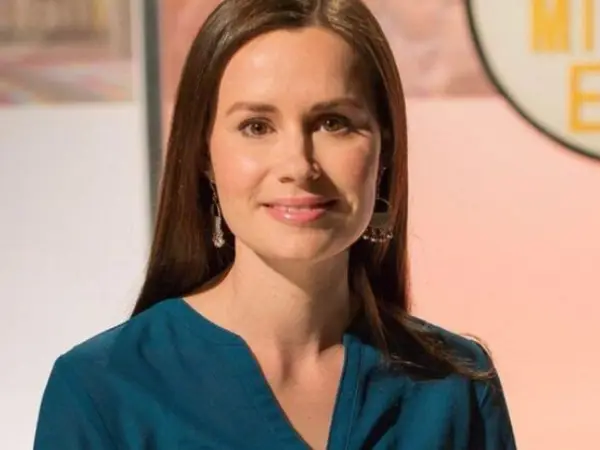Kylie Moore-Gilbert, an academic previously jailed in Iran, has told the British government it should repay its £400 million debt to Iran only as humanitarian aid.
Paying the debt – due over Britain’s failure to supply military hardware sold to Iran in the 1970s – has become controversial in British politics. Richard Ratcliffe alleges his wife Nazanin Zaghari-Ratcliffe is forbidden from leaving Iran to pressure London to pay, and while some politicians and clerics argue Britain should do so, others, notably on the right wing of the ruling Conservative Party, argue it should not.
In a series of tweets Wednesday, Moore-Gilbert, a lecturer in Islamic Studies at Melbourne University exchanged by Iran last year in a prisoner swap with three Iranian prisoners in Thailand two of whom had been convicted in connection with a bombing plot in Bangkok in 2012, said the UK should not pay the debt but rather decide itself in what form to transfer “humanitarian aid” to Iran.
Tehran won its case over the debt in international arbitration in 2001, but the UK has sat on the money ever since.
"An international court of arbitration has ruled that this debt must be paid," Moore-Gilbert wrote. “But to the Iranian government, not the IRGC [Revolutionary Guards]. “It is the Iranian people's money, and should go to the Iranian people, who are suffering greatly from economic catastrophe and the disastrous impact of Covid.”
RAF plane to Iran
The academic seized on a statement by Jeremy Hunt, former British foreign minister, in Tuesday’s parliamentary debate on the Zaghari-Ratcliffe case, that the UK should immediately pay “if necessary, by getting an RAF [British air force] plane to fly gold to Tehran.”
"Is anyone in any doubt where this gold will end up? Who it will benefit?" Moore-Gilbert tweeted. "What is certain is that £400m will only incentivise the IRGC to take more hostages."
Moore-Gilbert wrote that Zaghari-Ratcliffe, a project manager for Thomson Reuters Foundation, was a hostage, as were other dual citizens including British-Iranian businessman Anoosheh Ashoori and labor activist Mehran Raoof, American-Iranian environmentalist Morad Tahbaz, journalist Jason Rezaian, and Australian backpackers Jolie King and Mark Firkin. Rezaian, King and Firkin have all been released: the backpackers were held for a few months after reportedly flying an unlicensed drone.
Sadiq Khan, London mayor, and Tulip Siddiq, Zaghari-Ratcliffe's member of parliament, in a joint statement before the parliamentary debate said that Prime Minister Boris Johnsonshould take “stronger action” over Zaghari-Ratcliffe: “We believe that this innocent woman has suffered enough. Though responsibility for Nazanin’s predicament lies with Iran, there is more that the UK Government could be doing to help her, and we are making a personal plea to the Prime Minister to take stronger action to try to bring her home.”
Zaghari-Ratcliffe, now 42, was arrested in 2016, convicted in a trial without due process of law of working to overthrow the government and sentenced to five years imprisonment. After being paroled early in 2020, she was charged with new offences and has been refused permission to leave the country.
UN experts and human rights organizations have said Iran imprisons foreigners and dual nationals to use them as bargaining chips against other countries.
Ratcliffe, her husband, has just ended a three-week hunger strike outside the UK Foreign Office. Ratcliffe listened to parliamentary debate Tuesday afternoon from hospital where he is undergoing checks and treatment after his fast.
